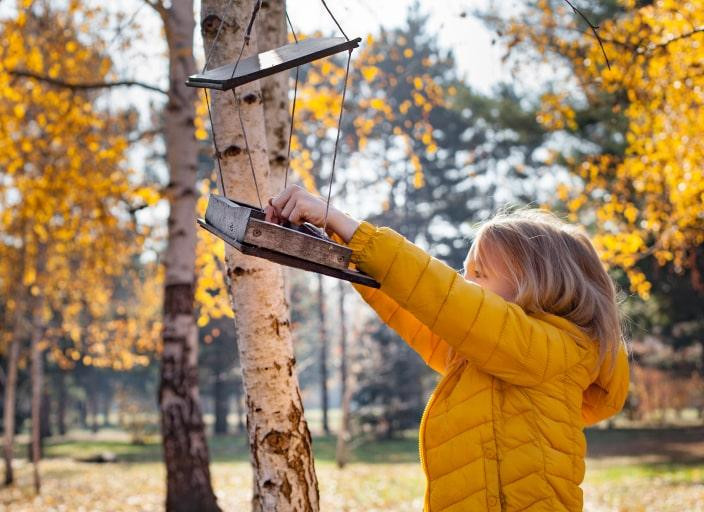How to Get Wild Birds to Visit Your Yard
Proper wild bird seed storehouse is essential to attracting wild catcalls to your vicinity, time after time. We all know that raspberry watching and feeding are a favorite history time for relaxation and to reduce stress with veritably nominal investment and simplicity to getting started.
Raspberry watching and feeding have been popular numerous times with families, seniors, children, and raspberry suckers likewise. It can be veritably satisfying as long as the feeding process is stuck to rightly, as you would anticipate with your food.
Putting out raspberry seed for wild catcalls should be a simple and easy task if you're prepared with the right tools. Suppose how numerous catcalls will be eating your seeds as well as the different types of raspberry species. You want to make sure that you manage the food force and food selection that's salutary to the different raspberry species in your region.
Utmost of the time, any type of raspberry seed you put out it's going to attract a variety of wild catcalls. The problem is it can also bring in pests that are scavengers at heart as well, and suppose the birdseed is a free buffet for them too.
To help unwanted creatures from eating all of your raspberry seed, we suggest having a duly designed raspberry confluent that's placed off the ground, where the catcalls can feel safe and keep alert while they eat.
Storing the raspberry seed rightly will help it from going bad or forming earth and mildew. This could be deadly to the wild catcalls so a safe storehouse is largely imperative. After all, you wouldn't want to be served food that's moldy or old moreover.
Many helpful tips for a proper wild raspberry seed storehouse would be to:
* Only buy the quantum of seed you feel the catcalls will eat in a safe quantum of time, to not have the seeds go bad, or have redundant seeds when not demanded.
* It's always better to buy your raspberry seed in bulk. The more you buy, the more affordable it is, just do not buy further than your catcalls can eat. Start with one bag of seed and check how long it takes to finish.
* Use holders that are easy to fill and are safe from pests and rudiments. If you're going to buy plastic ensure that it's sturdy. If you're going to buy essence insure that it's galvanized so that it'll not rust. You also want the holders to have a tight seal and be watertight as well.
* Food that's kept in areas that are shady and dry will last much longer in the long run. Always label your colorful kinds of raspberry seed or at least use a clear vessel for easy identification, with the date bought and type of seed.
Before putting seed out for your vicinity catcalls, always check it to ensure there has been no pest infestation or rudiments that have caused the seed to go bad. However, could be a good suggestion that commodity is wrong, If your catcalls are turning up their tips at the seed. All you have to do is check the seed for bugs and check their affluents to see if any pests have been around. By simply smelling your seeds you can determine if earth or mildew has set in.
You do not want moistness and you do not want it to look like a theater is growing in your vessel, these are bad signs. If you cleave to proper wild bird food storehouse ways you can anticipate your raspberry seed to last over time. It'll be worth the trouble for the hours of joy you admit watching the wild catcalls you have attracted to your vicinity, and I am sure the numerous catcalls you feed are thankful too.
Our Source:-https://sites.google.com/view/wild-bird-food-/home

Comments
Post a Comment